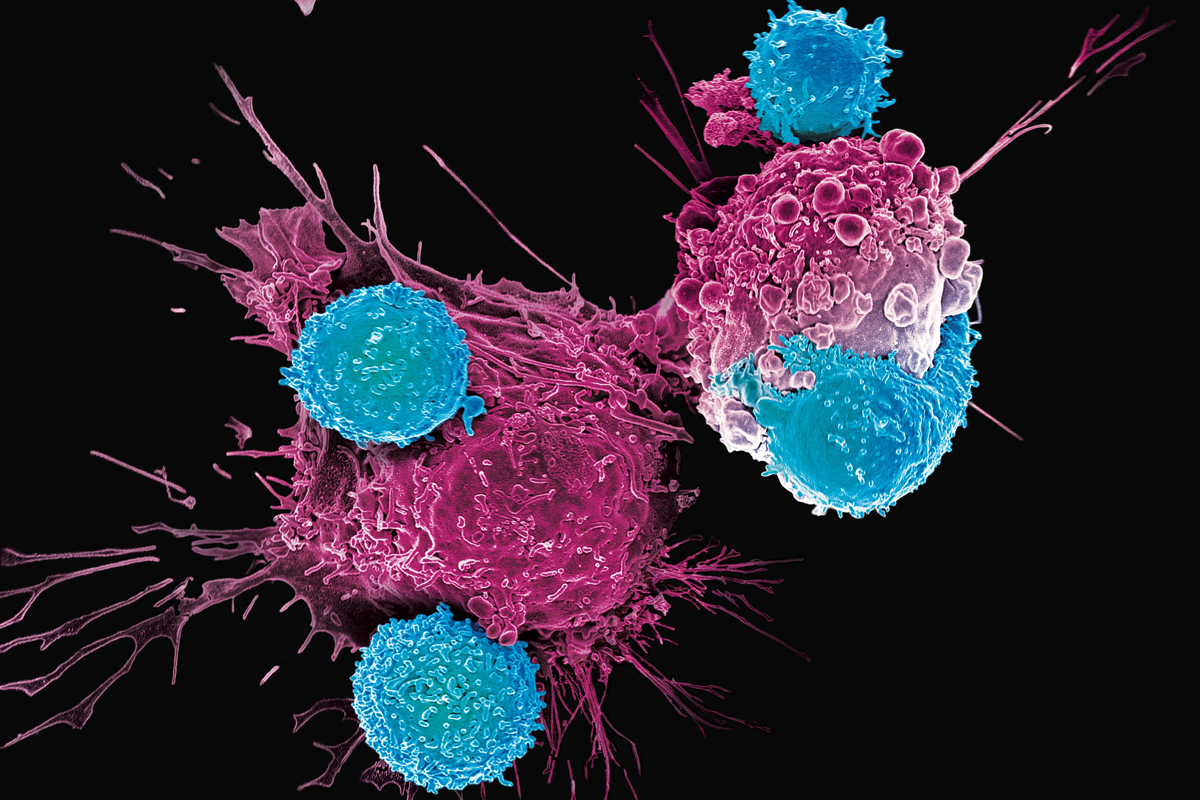-
 Medical articles
CAR T therapy: helps treat cancer when other methods fail
Medical articles
CAR T therapy: helps treat cancer when other methods fail
-
 Medical articles
Cancer incidence is steadily increasing: disappointing WHO forecast for 2050
Medical articles
Cancer incidence is steadily increasing: disappointing WHO forecast for 2050
-
 Medical articles
Stem cells bring hope to millions of people suffering from hearing loss
Medical articles
Stem cells bring hope to millions of people suffering from hearing loss
-
 Medical articles
TOP 10 clinics for oncology treatment 2023
Medical articles
TOP 10 clinics for oncology treatment 2023
-
 Medical articles
New methods for diagnosing cancer diseases
Medical articles
New methods for diagnosing cancer diseases
All news
Urinary incontinence treatment
Urinary incontinence or loss of bladder control is a common and rather embarrassing and uncomfortable problem. It ranges in severity from occasional leakage of urine when sneezing or coughing to a sudden and strong urge to urinate when it is impossible to run to the toilet in time.
Although urinary incontinence is increasingly common with age, it is not an inevitable companion of aging. If urinary incontinence is affecting your daily life, do not hesitate to consult a doctor in a domestic or foreign clinic. In most cases, the symptoms of urinary incontinence can be eliminated with simple lifestyle and dietary changes or with therapeutic agents and procedures.
You may feel uncomfortable discussing urinary incontinence with your doctor. But if urinary incontinence occurs frequently or affects your quality of life, it is important to consult your doctor because urinary incontinence can:
- cause limitations on your activity and socialization;
- have a negative impact on your quality of life;
- increase the risk of falls in the elderly due to rushing to the toilet;
- indicate the presence of a more serious underlying condition.
MedTour patients recommend clinics for the treatment of urinary incontinence:
Doctors for the treatment of urinary incontinence
Frequently Asked Questions
- Age and gender (more often women over 45).
- Neurological diseases (e.g., stroke).
- Hormonal disorders (excess estrogen hormone causes functional changes in the mucous membranes of the genitourinary organs and can provoke incontinence).
- Postpartum traumas.
- Hormonal treatment.
- Administration of muscle relaxants.
- Surgical intervention: fixation of the pelvic floor with synthetic materials.
- Correction of existing anatomical defects and removal of pathological neoplasms that cause the development of senile urinary incontinence.
- Laser treatment techniques.
The following examinations and tests are performed to diagnose urinary incontinence:
- Ultrasound of the pelvic organs and bladder.
- Urinalysis.
- Uroflowmetry
- Cough test.
- Cystoscopy
- Combined urodynamic investigation (CUDI).
- Smear for flora.
The main cause of urine leakage after urination is low pelvic muscle tone. In this case, the urine does not flow out because of the urge, but due to the simple force of gravity.
You should not perform exercises that increase intra-abdominal pressure, such as:
- lifting and carrying weights;
- abdominal exercises;
- plank with elbow rest;
- squats;
- platform leg press;
- leg curls,
- stepping on a platform or bench.
Symptoms of urinary incontinence
Many people have a problem with occasional, small amounts of urine leakage. Other people may leak small or moderate amounts of urine more often.
Types of urinary incontinence:
- Stress incontinence. Urine leakage occurs when pressure is put on the bladder during coughing, sneezing, laughing, exercising, or lifting weights.
- Urge incontinence. There is a sudden, strong urge to urinate, followed by an involuntary discharge of urine. Urinary incontinence can be caused by a minor illness, such as an infection, or a more serious illness, such as a neurological disorder or diabetes mellitus.
- Incontinence due to overflow. There is frequent or almost constant leakage of urine due to incomplete emptying of the bladder.
- Functional incontinence. A physical or mental disorder that prevents you from going to the toilet in a timely manner. For example, when severe arthritis prevents you from unbuttoning your pants quickly.
- Mixed incontinence.
Published:
Updated:





